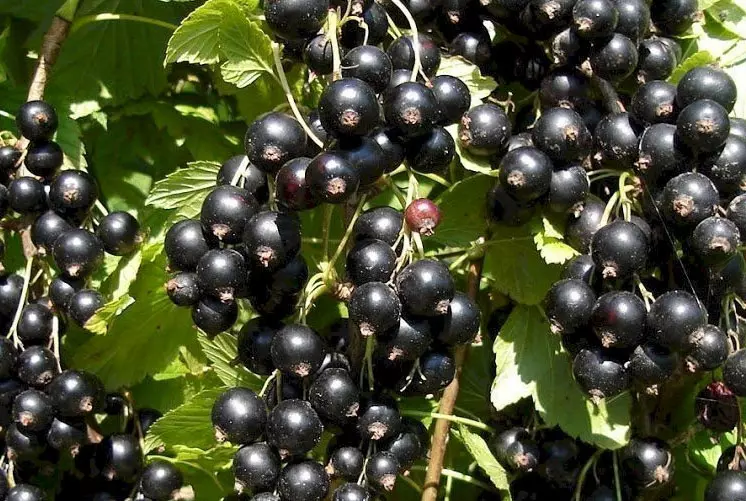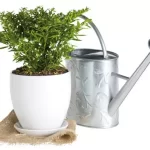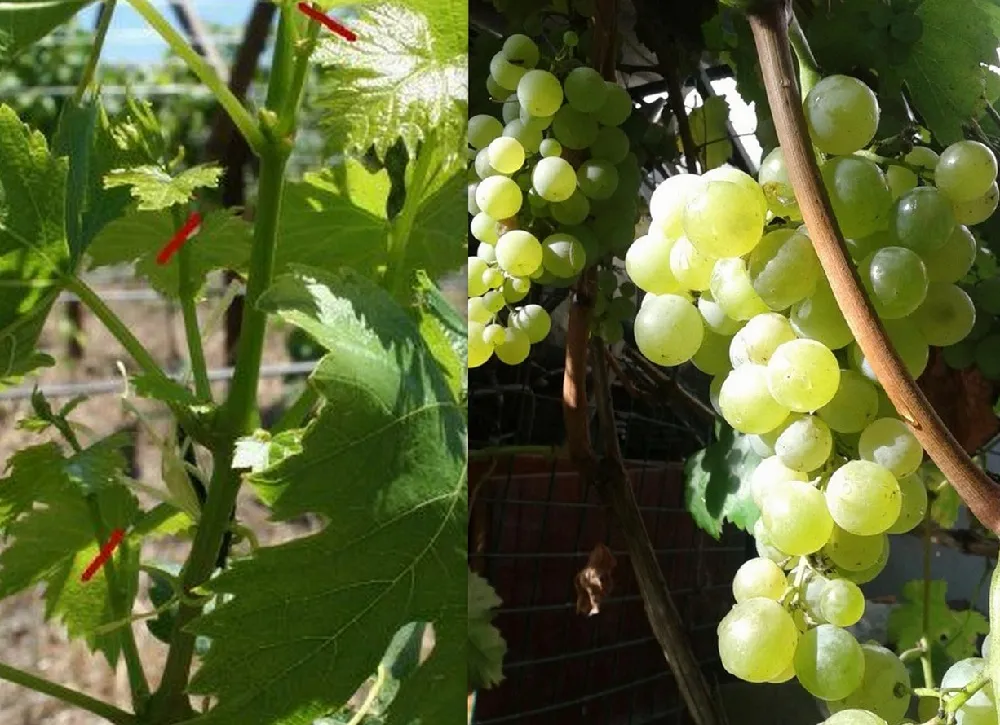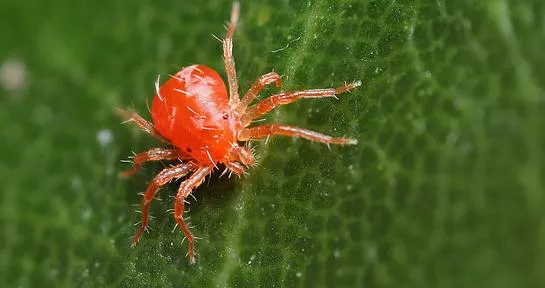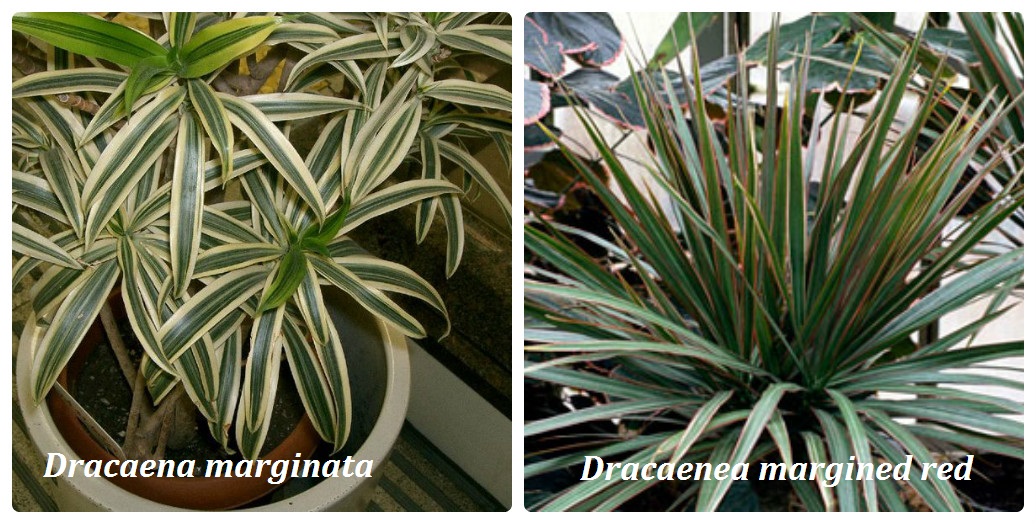Everyone knows about this useful berry, which contains a lot of vitamins. Leaves and buds are also used for treatment.
Description of black currant (as it looks)
Black currant is a perennial shrub of the clove family, 60-130 cm tall, with a characteristic, somewhat unpleasant odor. Leaves alternate, petiolate, 3-5-lobed, with teeth on the edges, glabrous above, below – with yellow glands.
The flowers are purple or pink-gray, bisexual, regular, in drooping 5-10-flowered racemes.
The fruit is a spherical black berry.
It blooms in May and June. The fruits ripen in July.
Harvesting and storage of black currants
Leaves, less often buds and fruits are used for medicinal purposes. Buds are harvested in winter and early spring, leaves – in summer (June-July), berries – after full ripening. The fruits are eaten fresh or dried. Buds and leaves are dried at a temperature of 35-40%. 16% of dry leaves, 20% of buds, 14% of berries.
Chemical composition of black currant
Currants have a diuretic, diaphoretic, tonic effect.
Black currant is used in inflammatory processes of the upper respiratory tract, to stimulate appetite, as an antiscorbutic agent.
Formal medicine uses the plant as a rich source of vitamins to strengthen the immune system.
In folk medicine, berries, leaves and buds are used as a diuretic (for diseases of the bladder and kidney stones), diaphoretic (for acute rheumatism), a mild laxative, to improve metabolism (for skin diseases).
Preparations from currant leaves have a strong diaphoretic and diuretic effect, promote the excretion of purine and excess uric acid, so they are used for gout and polyarthritis.
Infusion of leaves and stems treat edema, bladder stones, urinary retention, skin diseases; diseases of the upper respiratory tract; scrofula (externally).
Currants are used to make various concentrations of ascorbic acid. The infusion of berries is used for laryngitis, bronchitis. The juice is drunk for diarrhea, Achilles, gastritis. Juice diluted with water, rinse the throat and mouth with sore throat and inflammation and the oral cavity.
Drinking currant juice is useful for anemia and after a debilitating illness.
